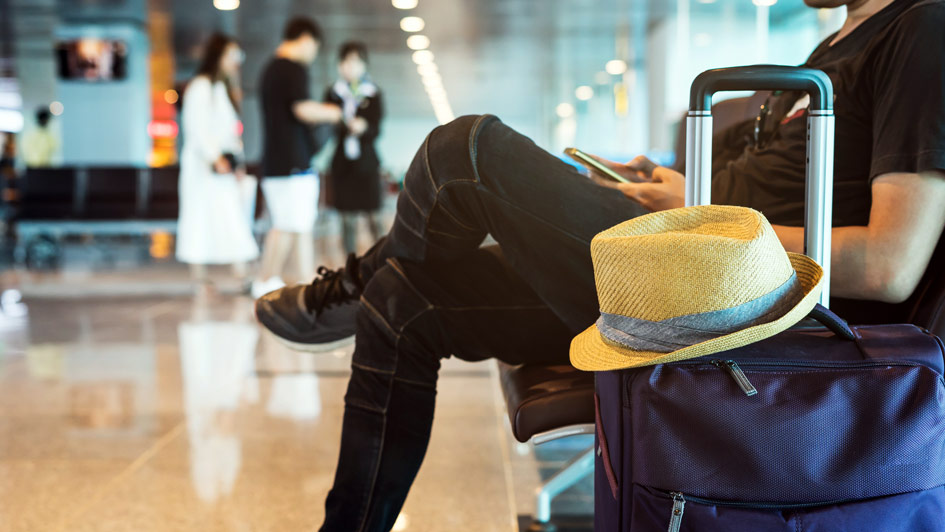
Between a much-needed vacation or a long trip for work, traveling means making plans for your HVAC system. You won’t be using it while you’re not home, so you can adjust the temperature as necessary to minimize your energy use. Just the same, you shouldn't just turn it off for the entire time you're gone.
For the most part, it’s ideal to leave your HVAC system going and adjust the temperature depending on whether it's winter or summer. That way you can reduce energy costs without worrying about returning to an uncomfortable home. We’ll walk you through why you should leave your HVAC system on as well as the most energy-efficient thermostat settings for summer and winter.
Here’s Why You Shouldn’t Leave Your Thermostat on Hold
While you may be wanting to turn your HVAC system off before a trip, this could end up stirring up costly problems by the time you get back. This is particularly true in case the weather will be severely hot or cold while you’re away from home.
For instance, shutting the HVAC system off in the summer will sometimes produce very high humidity. Not only will your home feel muggy and uncomfortable when you have returned, but it may have also invited mold/mildew growth or pest infestations.
And over the winter, letting your house get cold can lead to pipes icing over or even bursting. It’s an awful feeling to return home from a vacation only to come across considerable water damage near a broken pipe.
Ideal Thermostat Settings While at Work
You can adjust the temperature even as you come and go to work. Because you’re not home for 8 hours or more, it doesn’t make sense to keep an empty home at the same temperature you’d usually have. In general, it’s recommended to turn up the thermostat by 5 degrees or more. That means that if you prefer a comfortable 72 degrees, think about adjusting it to 76-77 while you’re at work.
But you could save even more if you're open to further adjusting the temperature. As stated by the Department of Energy, you might save around 10% on your HVAC expenses by increasing the adjustment to 7-10 degrees.
Ideal Thermostat Settings While on a Trip in Summer
If you leave for a lengthier trip in the heart of summer, you can make bigger adjustments. This ensures you don’t waste energy while still protecting your home from the problems that come with leaving it un-air conditioned. About 5 degrees is suitable for brief trips while closer to 10 degrees is worthwhile if you’ll be away from home for 2 weeks or more. If you prefer keeping the house at 72 in the summer, 78-82 can offer great results.
Recommended Thermostat Settings While on Vacation in Winter
To figure out the best thermostat setting for a winter vacation, simply lower it by the same amount you would adjust it in summer. 68 is a common winter thermostat setting, so adjusting to 63-58 will keep your plumbing safe while limiting how long your furnace operates.
A Smart Thermostat Can Help: Perks of Smart Thermostat Installation
An ideal strategy to manage your home’s HVAC system while out of the house is with a smart thermostat. This special type of programmable thermostat utilizes intelligent software to understand your usual comfort habits. It applies these preferences and makes automatic corrections to the schedule for higher energy efficiency. And with Wi-Fi compatibility, you can remotely adjust your heating and cooling using a smartphone or tablet.
Smart thermostats are stuffed with features to help you save energy and lower costs. For instance, some models can monitor electricity prices to boost heating or cooling when prices are lowest. They are compatible with high-efficiency, variable-speed equipment to fine-tune how long your HVAC system needs to run. It’s the ideal tool to enhance how you control your comfort system. If you’re planning on investing in a smart thermostat, there are different ways you can lower your costs, effectively getting a smart thermostat for free. The next time you are away from home, you can appreciate true peace of mind that your HVAC system won’t stir up any trouble while you’re away from home.
